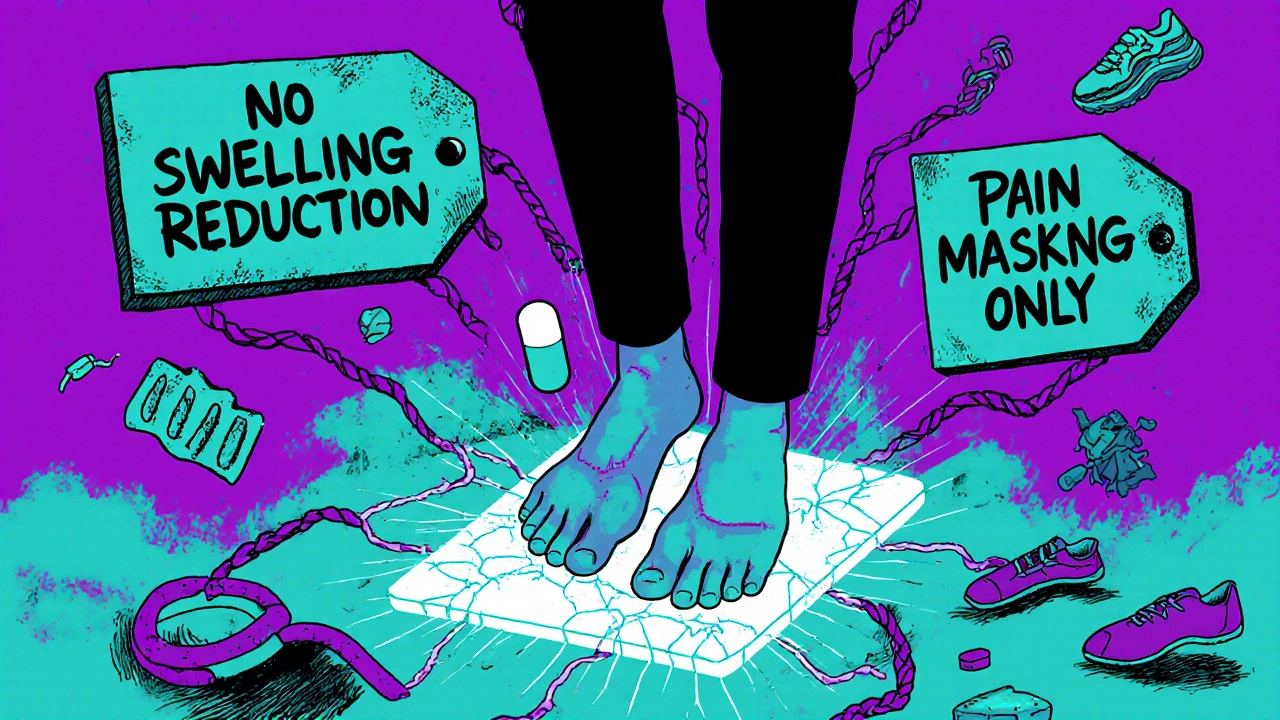Acetaminophen: Uses, Risks, and What You Need to Know
When you reach for a pain reliever, chances are you grab something with acetaminophen, a widely used analgesic and antipyretic medication commonly found in over-the-counter and prescription drugs. Also known as paracetamol, it’s in more than 600 products—from cold medicines to prescription opioids—making it easy to accidentally take too much. Unlike ibuprofen or aspirin, acetaminophen doesn’t reduce inflammation. It works in the brain to block pain signals and lower fever, which is why it’s often the go-to for headaches, toothaches, or post-vaccine discomfort. But its simplicity hides a serious danger: too much can destroy your liver—fast.
The liver, the body’s main filter for toxins and metabolizer of drugs processes acetaminophen safely at normal doses. But when you hit the limit—4,000 milligrams in 24 hours for most adults—that system overloads. The result? Toxic byproducts build up and start killing liver cells. This isn’t theoretical. Every year, acetaminophen overdose is the top cause of acute liver failure in the U.S., and many cases happen because people don’t realize they’re doubling up. A cold pill with acetaminophen plus a painkiller with acetaminophen? That’s a recipe for trouble. Even people who drink alcohol regularly or have existing liver issues are at higher risk, even at lower doses.
It’s not just about pills. overdose, a dangerous intake of medication that exceeds safe limits, often unintentionally can happen slowly. Someone might take one extra tablet because the pain didn’t go away, or give a child a second dose thinking the first didn’t work. Kids’ liquid forms are especially tricky—different brands have different concentrations. And while acetaminophen is safe when used right, it’s not harmless. Studies show even regular use at high doses over weeks can raise liver enzyme levels, a silent warning sign.
What should you do? Always check labels. If you’re taking more than one medicine, look for "acetaminophen" or "APAP" on the ingredient list. Don’t assume "natural" or "non-drowsy" means safe. If you’re unsure, ask your pharmacist. And if you ever take more than recommended—even just a little extra—don’t wait for symptoms. Call poison control or go to the ER. Liver damage from acetaminophen often shows no signs until it’s too late.
Below, you’ll find real-world advice on avoiding accidental overdose, understanding how it interacts with other meds, and what to do if you’re using it regularly. These aren’t theoretical guides—they’re based on patient experiences, clinical warnings, and hard data from medical sources. Whether you’re managing chronic pain, caring for a child, or just trying to stay safe with OTC drugs, this collection gives you what you need to use acetaminophen without risking your health.
Can Acetaminophen Help with Foot Pain? What the Evidence Says
Acetaminophen can ease mild foot pain but won't reduce swelling or fix the cause. Learn when it helps, when it doesn't, and what to do instead for lasting relief.
